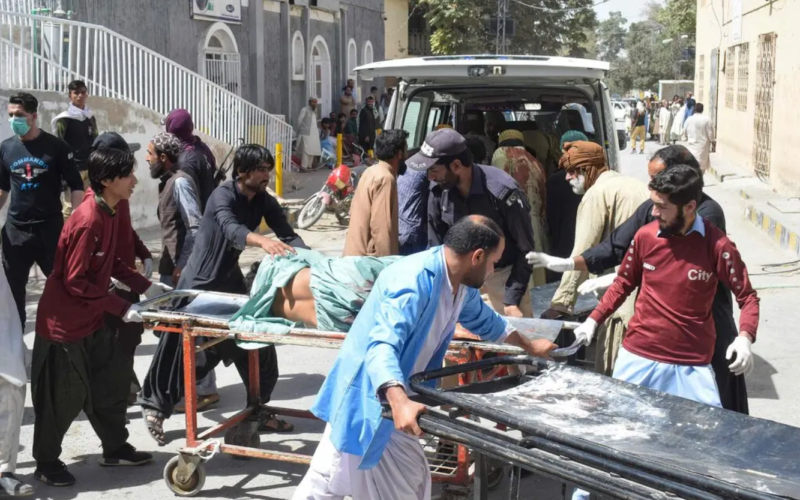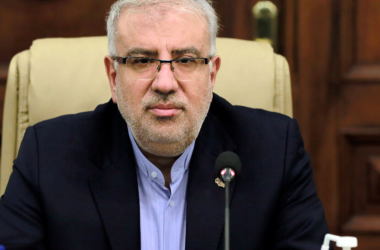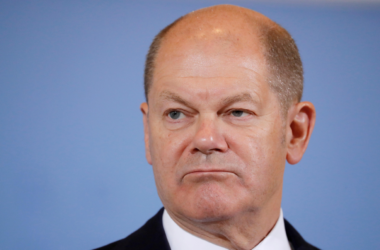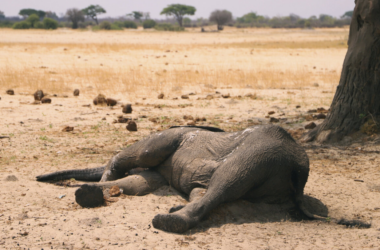In Pakistan’s troubled Balochistan province, a suicide attack near a mosque commemorating the prophet Muhammad’s birthday has resulted in the tragic loss of 52 lives, with over 50 individuals sustaining injuries, as confirmed by health officials and police.
No specific group has yet claimed responsibility for the devastating explosion. This incident occurs amidst a surge in attacks attributed to militant factions in the western regions of the country, a concerning trend in light of the upcoming national elections scheduled for January.
Deputy Inspector General of Police, Munir Ahmed, informed Reuters that the assailant detonated himself in close proximity to the vehicle of the deputy superintendent of police. This tragic event unfolded near a mosque where people had assembled for a procession to honor Muhammad’s birthday, a day marked as a public holiday.
While the Pakistani Taliban, an amalgamation of various hardline Sunni Islamist factions, has denied involvement, the casualties are currently receiving medical attention in hospitals near Quetta, specifically in Mastung. Among the deceased, a notable figure is senior police officer Mohammad Nawaz, as reported by government administrator Atta Ullah.
Authorities had issued high alerts to law enforcement agencies regarding the potential threat of militants targeting gatherings commemorating Mawlid an-Nabi. This observance typically involves day-long festivities and the provision of complimentary meals.
Caretaker Interior Minister Sarfraz Bugti condemned the bombing in an official statement, expressing deep sorrow for the loss of lives. He characterized the act as a “heinous” one, particularly for targeting individuals participating in a Mawlid an-Nabi procession.
The government had officially designated Mawlid an-Nabi as a national holiday. Both President Arif Alvi and caretaker Prime Minister Anwaarul-haq-Kakar issued separate messages, urging unity and adherence to the teachings of Islam’s prophet.
Although distinct from the Afghan Taliban, the Pakistani Taliban maintains a close alliance with its Afghan counterpart, which gained control of neighboring Afghanistan in August 2021 as US and NATO forces completed their withdrawal from the country after two decades of conflict.
Previous lethal attacks in Balochistan and other regions have been attributed to the Islamic State. Balochistan, a resource-rich province bordering Afghanistan and Iran, has witnessed a prolonged insurgency led by Baloch nationalists for over twenty years. Initially, their demands centered around a fair allocation of provincial resources, but the movement later shifted towards advocating for independence.








